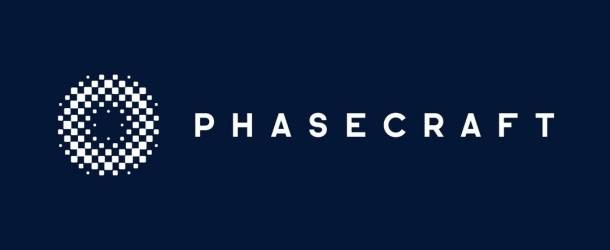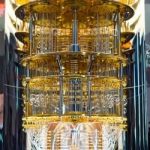Phasecraft Announces Largest Seed Funding Round for a UK Quantum Computing Company

(UCL.uk) Phasecraft founded by UCLQ and University of Bristol researchers, has today closed a record seed round for a quantum computing company in the UK on the back of new quantum algorithm breakthroughs. John Morton, Director of UCLQ and Phasecraft Founder explained, “With new funding and supporters, we can be part of building the foundations of the quantum computing industry, making useful applications available quicker than ever thought.”
Its £3.7m seed funding round is led by VC firm LocalGlobe with Episode1 along with previous investors. Phasecraft previously raised a £750,000 pre-seed round led by UCL Technology Fund with Parkwalk Advisors and London Co-investment Fund and has earned several grants facilitated by InnovateUK. Former Songkick founder and prominent angel investor Ian Hogarth has also joined as board chair for Phasecraft.
Phasecraft tackles the biggest challenge in quantum computing: developing new algorithms that maximise the capabilities of today’s quantum hardware to evolve quantum computing from experimental demonstrations to useful applications. Now, with its new equity investment and grant funding, Phasecraft has raised over £5.5m to bring its ground-breaking technology to real-world applications. See UK Startup Phasecraft Develops Algorithm that Reduces Level of Quantum Computing Power Needed to Run a Calculation.
Started by internationally renowned quantum scientists Toby Cubitt (UCLQ) , Ashley Montanaro (University of Bristol) and John Morton (UCLQ), its team of talented quantum theorists have been researching and applying quantum theory for decades, leading some of the top global academic teams and research in the field. Phasecraft has established partnerships with leading quantum hardware companies, including Google and Rigetti, industry partners, such as Johnson Matthey.
Toby Cubitt, Phasecraft Founder and UCLQ Researcher: “In just the first twelve months and with a tiny but talented team, we made breakthroughs that led us to the world’s best algorithms and encodings for all key technologies required for quantum simulation.”



















